General description
Anti-JNK antibody, Mouse monoclonal, (mouse IgG2a isotype) is derived from the hybridoma 1C2 produced by the fusion of mouse myeloma cells and splenocytes from BALB/c mice immunized with a recombinant protein. JNK1 (c-Jun N-terminal kinase), also known as MAPK8 (mitogen-activated protein kinase 8) is a member of the MAP kinase family. This gene is mapped to human chromosome 10q11.
Application
Anti-JNK antibody, Mouse monoclonal has been used in immunoblotting and enzyme linked immunosorbent assay (ELISA).
Biochem/physiol Actions
JNK1 (or MAPK8) is a serine threonine kinase that is a key regulator of cellular apoptosis. During the lack of NFkB stiμLation; persistent activation of JNK1 results in TNF-a induced cell death. However, JNK1 may also function as an apoptotic inhibitor. For instance; JNK1 interacts with WOX1 to inhibit apoptosis. Furthermore, JNK1 phosphorylates Bcl-2 to mediate starvation-induced autophagy, and also activates SIRT1 by phosphorylation during conditions of oxidative stress. JNK1 is activated by UV irradiation and oncoproteins and hence may be implicated in cancer propagation
Monoclonal Anti-JNK antibody is specific for human, mouse and rat JNK1 (43 kDa) and/or JNK2 (55 kDa).
JNK1 is also involved in UV (ultra violet) radiation induced apoptosis, which is thought to be related to cytochrome C-mediated cell death pathway.
Physical form
Solution in 0.01 M phosphate buffered saline, pH 7.4, containing 15 mM sodium azide.
Disclaimer
Unless otherwise stated in our catalog or other company documentation accompanying the product(s), our products are intended for research use only and are not to be used for any other purpose, which includes but is not limited to, unauthorized commercial uses, in vitro diagnostic uses, ex vivo or in vivo therapeutic uses or any type of consumption or application to humans or animals.
Shipping Information:
Dry Ice Surcharge & Ice Pack Shipments: $40
More Information: https://cenmed.com/shipping-returns
- UPC:
- 41116133
- Condition:
- New
- Availability:
- 3-5 Days
- Weight:
- 1.00 Ounces
- HazmatClass:
- No
- MPN:
- SAB4200176-200UL
- Temperature Control Device:
- Yes












